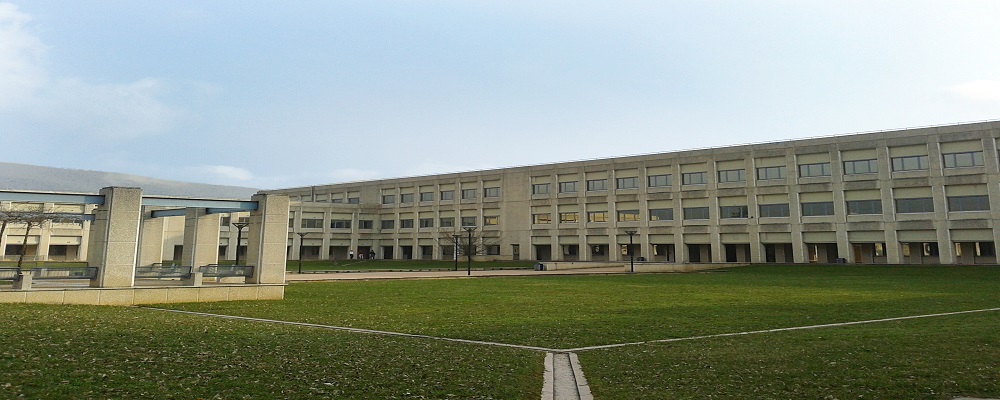The University of Brescia once again at the forefront of the battle against Coronavirus: the Industrial Control Systems research group of the Department of Mechanical and Industrial Engineering has been involved in the international Milan Mechanical Fan (MVM) project for development of new low-cost and fast production ventilators, aimed at being used by the greatest number of patients and thus countering the overcrowding of intensive care.
The COVID-19 pandemic is putting a strain on healthcare systems around the world: it is estimated that around 6% of infected people develop very serious lung complications, requiring respiratory support from a mechanical ventilator. The fans currently available on the market, however, are sophisticated, expensive equipment and available only in limited quantities.
The goal of the MVM international collaboration is to design, develop, build and certify a safe and efficient fan, equipped with an advanced control system that allows the different ventilation modes, but which, at the same time, is characterized by a simple design based on components easy to find on the market and easy to assemble, and can therefore be quickly produced on a large scale.
It is precisely in the design of the control system, which is essential to meet the operating requirements of the device, that the Department of Mechanical and Industrial Engineering, directed by prof. Rodolfo Faglia has been called to offer his contribution. In particular, the research group of Industrial Control Systems, coordinated by prof. Antonio Visioli with the collaboration of Eng. Manuel Beschi is currently engaged in the improvement of the control algorithm and therefore of the precision in achieving the desired pressure for the air in the patient’s mouth. In this context, the research group from Brescia is also working on the study of an algorithm for estimating the parameters of the patient’s lungs, in order to adapt the control system and detect any critical issues to be reported to the graphic interface.
To date, the research team of prof. Visioli – also making use of the experience gained in collaboration with the Anesthesiology group of the University of Brescia, on the control of biomedical systems – has created a software simulator of the system and has tested the first algorithms, made according to criteria of computational simplicity for can be implemented on low cost microprocessors.
Numerous other Italian and international universities and research groups are participating in the project together with the University of Brescia, including three Canadian laboratories led by the Nobel Prize for Physics Art McDonald of Queen’s University. The initiative also involved certification agencies, industries and healthcare professionals from various countries around the world, such as the United States, France, Germany, Poland, Spain, Switzerland and the United Kingdom.
MVM was born on the idea and initiative of some researchers of the international collaboration Global Argon Dark Matter (GADM), coordinated by Professor Cristiano Galbiati of Princeton University and engaged in research on dark matter with experiments at the National Gran Sasso Laboratories of INFN – National Institute of Nuclear Physics and in some laboratories in Canada. The creation of sophisticated experimental equipment for research in fundamental physics has allowed the development of specific skills in the field of gas management systems and complex control systems, systems similar to those used in the lung ventilators present in hospitals. GADM therefore decided to use these skills in the construction of a new mechanical device for assisted breathing, starting the “Mechanical Ventilator Milano” project.
The collaboration, which is now self-financed, operates in an environment of open innovation, with free access, to allow the rapid advancement of the design and testing of fans, reducing the time required for their production and distribution of hospitals.


